Douglas Todd: While mayors do not control migration levels, but at this event, not a word was directed to Ottawa to address its migration targets
Get the latest from Douglas Todd straight to your inbox
Published Sep 20, 2024 • 5 minute read
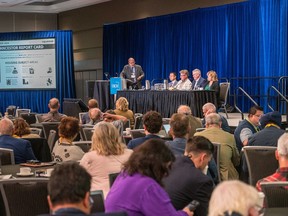
Hundreds of mayors, councillors and planners from across B.C. showed up this week at the annual conference of the Union of B.C. Municipalities for a keynote session on the housing crisis.
After being informed housing prices in Kamloops are now higher than in Calgary, they heard experts, advocates and development-industry officials talk about the “sacrifices” and “uncomfortable” truths B.C. residents, specifically taxpayers, must face to address unaffordability.
Advertisement 2
THIS CONTENT IS RESERVED FOR SUBSCRIBERS ONLY
Subscribe now to read the latest news in your city and across Canada.
- Unlimited online access to articles from across Canada with one account.
- Get exclusive access to the Vancouver Sun ePaper, an electronic replica of the print edition that you can share, download and comment on.
- Enjoy insights and behind-the-scenes analysis from our award-winning journalists.
- Support local journalists and the next generation of journalists.
- Daily puzzles including the New York Times Crossword.
SUBSCRIBE TO UNLOCK MORE ARTICLES
Subscribe now to read the latest news in your city and across Canada.
- Unlimited online access to articles from across Canada with one account.
- Get exclusive access to the Vancouver Sun ePaper, an electronic replica of the print edition that you can share, download and comment on.
- Enjoy insights and behind-the-scenes analysis from our award-winning journalists.
- Support local journalists and the next generation of journalists.
- Daily puzzles including the New York Times Crossword.
REGISTER / SIGN IN TO UNLOCK MORE ARTICLES
Create an account or sign in to continue with your reading experience.
- Access articles from across Canada with one account.
- Share your thoughts and join the conversation in the comments.
- Enjoy additional articles per month.
- Get email updates from your favourite authors.
Sign In or Create an Account
or
Article content
The civic movers and shakers in Vancouver’s convention centre were told taxpayers should pay billions more to provide the infrastructure — the sewers, roads and parks, not to mention medical care and schools — needed to handle dramatic provincewide density forced on them by the B.C. government.
The key speakers on the UBCM panel were Bryan Yu, chief economist for Central 1 Credit Union, and UBC professor Paul Kershaw, founder of Generation Squeeze. They were joined by Terri McConnachie, an executive with the Canadian Home Builders Association and Thom Armstrong, CEO of the Co-operative Housing Federation of B.C. The panel was moderated by Coquitlam councillor Craig Hodge, who asked the speakers five followup questions after the presentation.
The panelists emphasized the importance of increasing zoning density and housing supply, particularly by making it easier for developers to build faster and cheaper. And, given a provincial election is a month away, they stressed the need for Victoria to do more to help non-homeowners, including through social housing.
By signing up you consent to receive the above newsletter from Postmedia Network Inc.
Article content
Advertisement 3
Article content
No one mentioned how housing costs are tied to permanent and temporary migration levels — a link made by Quebec Premier Francoise Legault, the head of the Bank of Canada, plus chief economists for major banks such as TD, RBC and National Bank, to name a few.
While the speakers ran through a range of data and ideas over two hours, not one mentioned the issue that the majority of Canadians, plus big bank economists, believe is a major contributor to the soaring cost of homes and rents: unprecedented population growth through international migration.
While mayors and councillors do not control migration levels, civic officials are never shy about demanding senior governments come to their aid, as they did with pleas for infrastructure dollars. But at this event, not a word was directed to Ottawa to fix its migration targets.
An Angus Reid Institute poll released this week revealed half of Canadians are now seeking a significant response to rising migration.
“As Canadians’ concern over immigration has grown,” said Angus Reid, “half (48%) say closing Canada’s borders to immigrants would be a ‘good thing.’”
Advertisement 4
Article content
Such a draconian move — a ban on new migrants — would be unprecedented in Canadian history.
The recognition that one of two Canadians want to stop migration reflects how things have shifted as a result of Prime Minister Justin Trudeau doubling immigration levels to about 500,000 a year and, since 2016, spiking the number of temporary residents, mostly foreign workers, from 800,000 to 2.8 million.
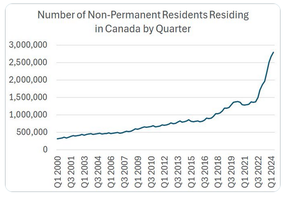
The tremendous demand pressure such population growth puts on housing stock explains why Abacus polling this year found 69 per cent of Canadians believe new migrants have had a “negative” effect on “the cost and availability of housing.” Leger found 75 per cent of Canadians think “the increase in immigrants is contributing to the housing crisis.”
To their credit, the mayors of Burnaby and Richmond have recently stated that in light of rapid population growth, merely increasing density does not reduce prices.
But voices such as theirs were not heard at this UBCM forum, including in the short time allotted to questions from the floor.
Interviewed following the discussion, Kershaw acknowledged, “I was commenting with people after the session that I, too, was surprised that immigration did not come up as a theme in the formal questions to us, or by the audience.
Advertisement 5
Article content
“There’s no doubt immigration levels contribute one factor among many to our saga of housing unaffordability and wealth inequality,” Kershaw said. He referred to a piece he’d written last year, in which he said the “hard truth” is that “through no fault of their own, a rising number of newcomers will amplify demand for housing, driving up home prices.”
Nevertheless, the key goal of the founder of Generation Squeeze was to urge older homeowners to sacrifice more of their housing wealth to assist younger people. He called on governments to add more “progressive” taxes to high-value dwellings. (The B.C. NDP already levies an extra tax on properties worth more than $3 million.)
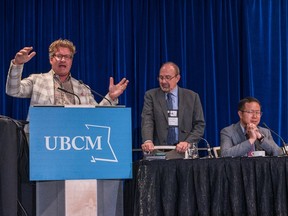
When Yu, the chief economist for Central 1, was asked during an interview after the presentation why he didn’t mention migration levels, he said, “There is little doubt that record population growth and immigration did play a role in driving” prices and rents higher.
“On the population front, increases have already occurred, and a reversal of these increases is not a realistic scenario,” said Yu. “That said, deceleration is likely. We see growth in population coming in below one per cent per annum in the coming two years.”
Advertisement 6
Article content
B.C. government statistics show this spring the population reached 5.6 million, growing by 180,000 people in a year. That’s an annual expansion rate of 3.3 per cent, the highest since 1971.
Yu reiterated key ways to respond to unaffordability are to assist struggling developers in increasing housing supply and to enhance British Columbians’ productivity and wages, which are unusually low.
All in all, UBCM’s forum on housing seemed to be a lost opportunity for real-world problem-solving.
Recommended from Editorial
-

Will Trudeau learn from other centre-left democracies about how to slow 'sky-high' migration?
-

Douglas Todd: Mayor of Burnaby bemoans stark highrises
-

Metro Vancouver is the fourth most dense region in North America
Bookmark our website and support our journalism: Don’t miss the news you need to know — add VancouverSun.com and TheProvince.com to your bookmarks and sign up for our newsletters here.
You can also support our journalism by becoming a digital subscriber: For just $14 a month, you can get unlimited access to The Vancouver Sun, The Province, National Post and 13 other Canadian news sites. Support us by subscribing today: The Vancouver Sun | The Province.
Article content
.png)
 3 hours ago
5
3 hours ago
5







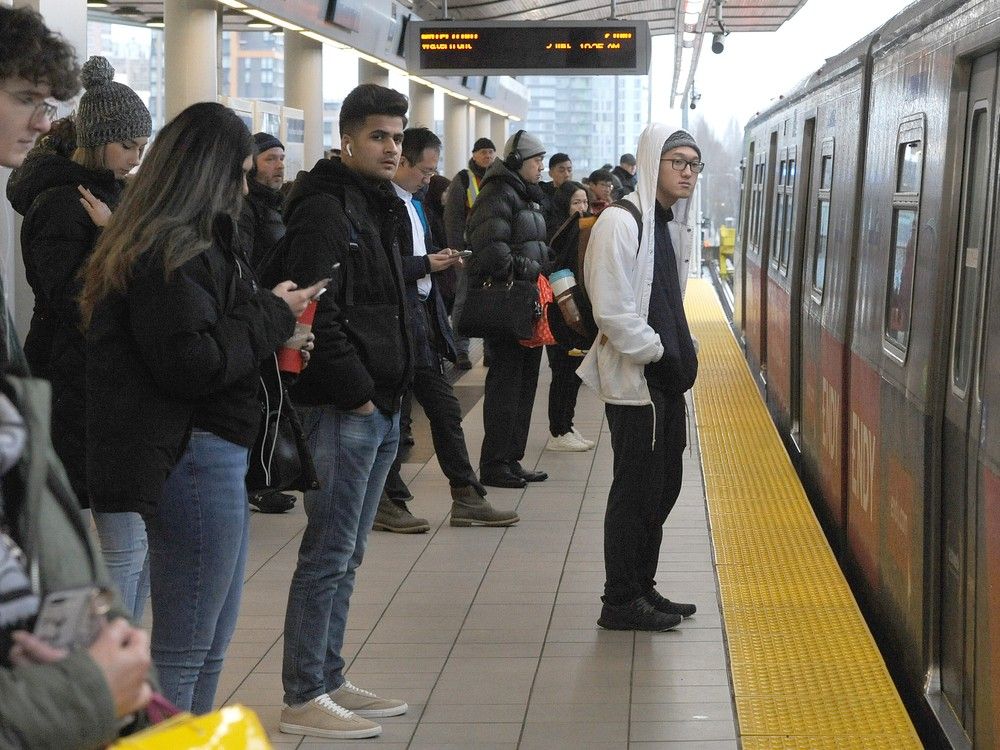
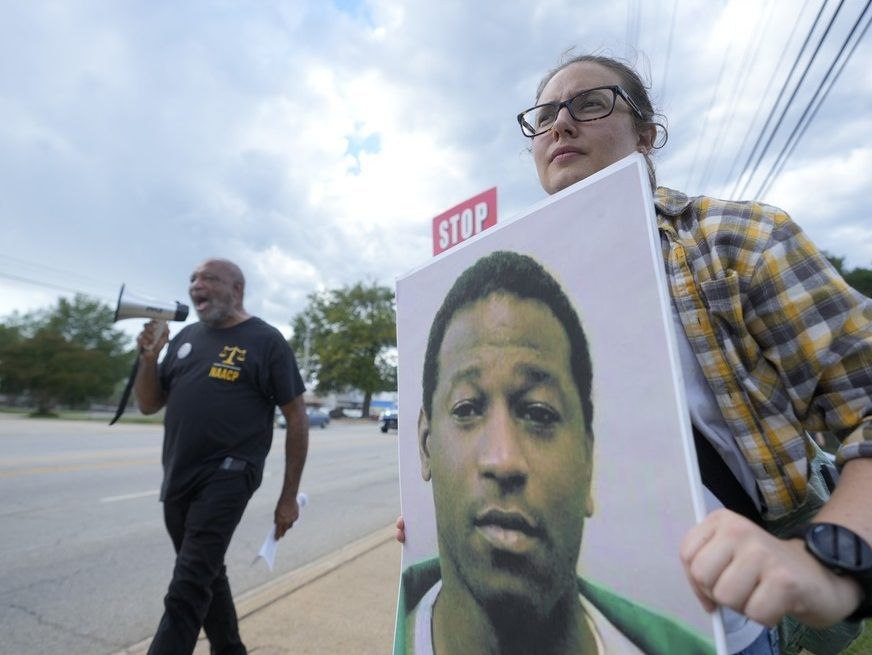
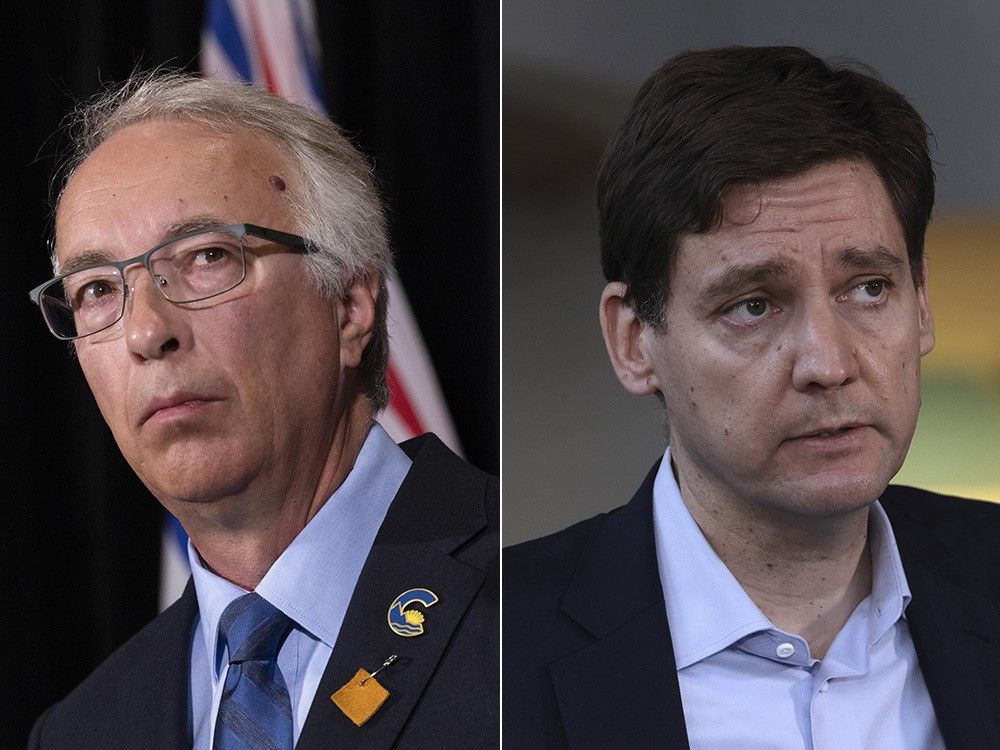
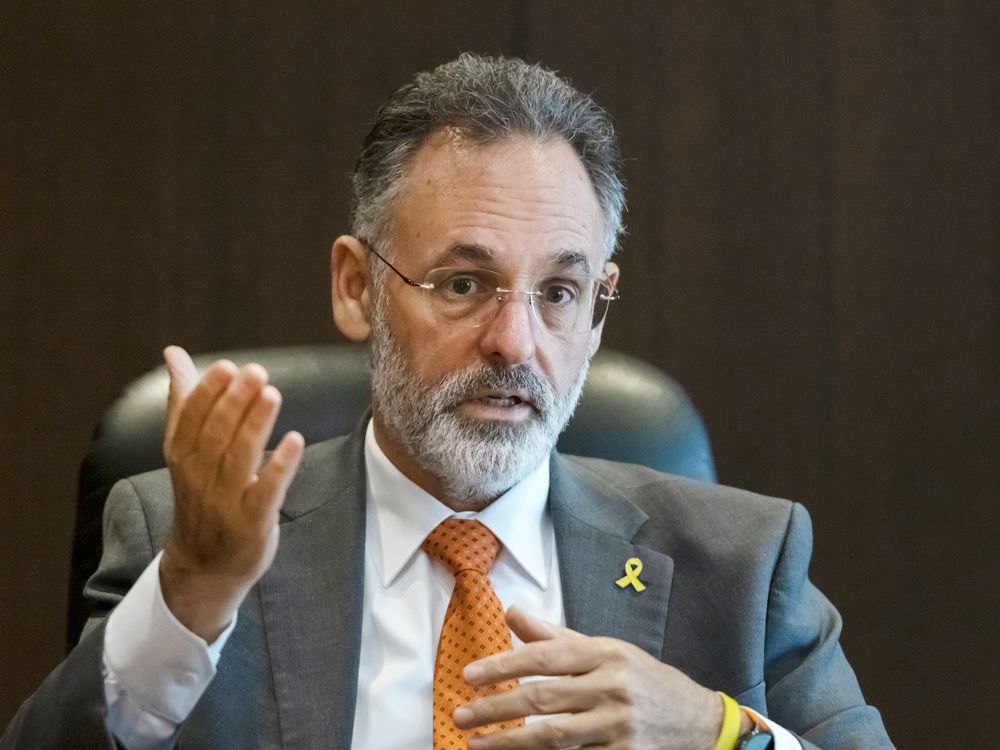


























 Bengali (BD) ·
Bengali (BD) ·  English (US) ·
English (US) ·